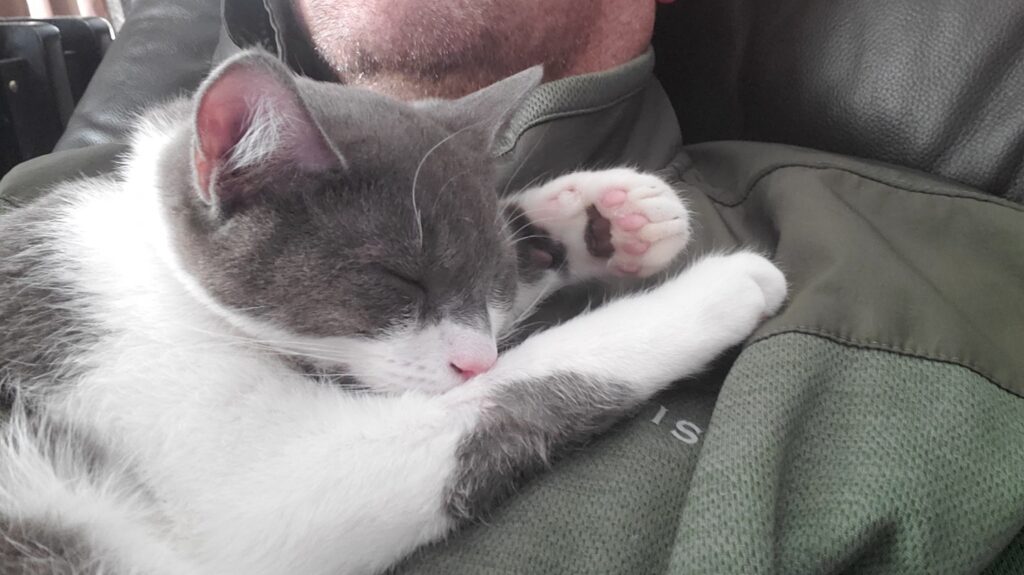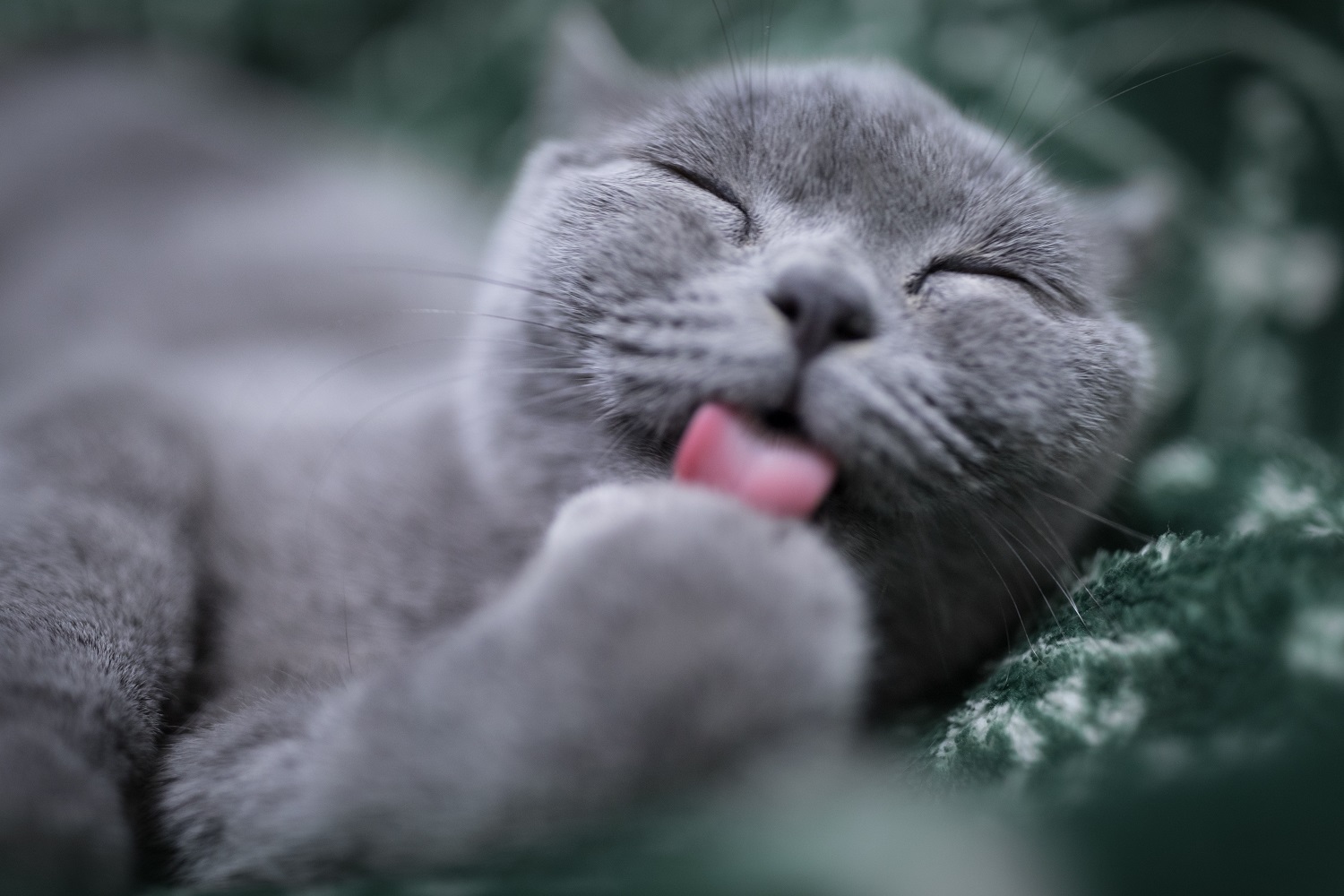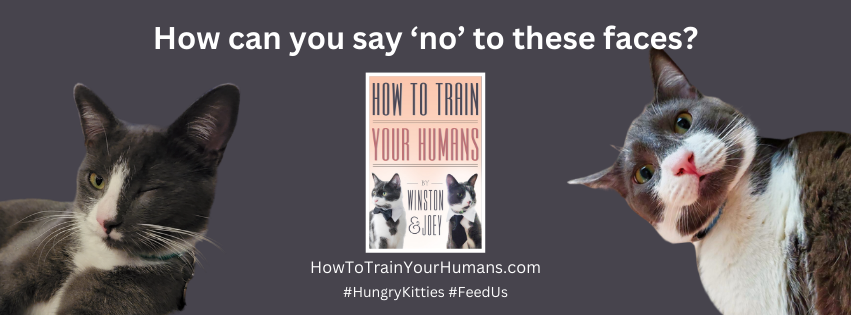You are lounging on the couch when suddenly your kitten decides your face needs a full grooming session. It is cute for the first two seconds, then comes the sandpaper tongue and the slow realization that you are being treated like a fellow feline.
As strange as it may seem, kittens licking your face is completely normal behavior. It is equal parts affection, instinct, and, occasionally, just plain curiosity. While it might not be your favorite way to bond, it is often a sign of trust and emotional connection.
Let’s unpack the reasons behind this quirky feline ritual, when it is harmless, and when it might be something to keep an eye on.
Licking Is a Learned Social Behavior
In the early weeks of life, kittens are groomed constantly by their mother. This helps keep them clean, stimulates circulation, and strengthens social bonds. Grooming is one of the first ways a kitten experiences affection and care.
Once they are old enough to explore, kittens begin grooming their littermates in return. This mutual grooming behavior is known as allogrooming. It is how cats build relationships and show trust with their companions.
So when your kitten starts licking your face, they are not just being weird. They are treating you like family.
Reasons Your Kitten Might Be Licking Your Face
There is no one-size-fits-all reason for this behavior, but here are the most common causes of feline face-licking.
1. Affection and bonding
Licking is one of the ways cats show love and trust. If your kitten feels close to you, they may try to groom you as a sign of connection. It is their version of a hug, but with more drool.
2. Marking you as theirs
Cats have scent glands around their face and mouth. When they lick you, they are not just cleaning you up. They may also be marking you with their scent as a way to claim you as part of their social circle.
3. Comfort and routine
Kittens often lick when they are feeling relaxed or trying to self-soothe. If they start licking you during cuddle time or while winding down, it may be their version of a bedtime routine.
Related read: Why Your Kitten Won’t Use the Litter Box (And How to Fix It Without Losing Your Mind).
4. Curiosity about taste or smell
If you just finished a salty snack or applied a sweet-smelling lotion, your kitten might be tasting more than just your skin. Cats are naturally curious about scents, especially if they remind them of food.
5. Mimicking maternal behavior
Some kittens develop strong attachments to their human caregivers and replicate the grooming behavior they experienced from their mother. This is more common in hand-raised or bottle-fed kittens.
Is It Safe to Let Your Kitten Lick Your Face?
Generally, yes. Face licking is safe for most people, though there are a few things to consider.
Cat saliva does contain bacteria, and while it is not usually harmful to healthy individuals, it can cause mild skin irritation or allergic reactions in sensitive people. Avoid letting your kitten lick open wounds, broken skin, or areas near your eyes or mouth.
If you are immunocompromised or have a condition that affects your skin’s barrier, it is a good idea to redirect the behavior or limit how often it happens.
To keep things safe and sanitary:
- Wash your face after extended licking sessions
- Keep your kitten up to date on vaccines and parasite control
- Redirect their attention with a toy if licking becomes excessive
Remember, cats groom each other’s faces all the time. Your kitten does not think they are doing anything strange. You are just another cat in their book.

These humans are so easy. They practically beg for my attention. All I have to do is give them a few precious licks on their face, then snuggle down for a nap. That Dad fellow thinks I’m just the sweetest little furball. Little does he know, I’m secretly plotting my next mischief! #OperationFaceLick #SneakyKitty #DaddysFaceIsSalty #CuddleTime #KittyIsTheBoss
Joey
What If the Licking Becomes Excessive?
Occasional licking is normal. But if your kitten becomes obsessed with licking your face, hands, or anything else, it may be worth investigating further.
Excessive licking can be caused by:
- Anxiety or stress
- Boredom and lack of stimulation
- Compulsive behavior
- Changes in environment or routine
- Medical issues, including nausea or skin irritation
If the licking becomes constant, interferes with play or sleep, or seems compulsive, consult your vet. They can rule out any medical causes and help you address behavioral ones.
In most cases, though, it is just a phase that fades as your kitten matures.
How to Redirect the Behavior Gently
If you love your kitten but not their tongue on your cheek, you are not alone. You can gently discourage licking without hurting their feelings or breaking the bond.
Try these gentle redirection strategies:
- Offer a toy or chew stick when they start licking
- Distract them with petting, brushing, or play
- Get up and move away if they persist
- Reward them with attention when they engage in other behaviors
Be consistent but kind. Your kitten is not trying to annoy you. They are trying to connect. A little patience goes a long way.
Final Thoughts: It Is a Compliment, Whether You Love It or Not
Your kitten licking your face may not be your favorite form of affection, but from their perspective, it is a loving gesture. It means you are part of their social group, their grooming circle, and possibly their snack.
This behavior is rooted in instinct, comfort, and emotional bonding. As long as it is not excessive or irritating your skin, there is no harm in letting them express their affection their way.
That said, you are allowed to draw the line at midnight licking sessions or direct hits to the mouth. Even love has boundaries.
Sources:
Why Cats Lick Their Owners https://www.petmd.com/cat/behavior/why-do-cats-lick-people
Understanding Feline Grooming Behavior https://www.icatcare.org/advice/why-do-cats-groom-each-other
Cat Affection and Social Bonding https://www.humanesociety.org/resources/why-does-my-cat-lick-me
Feline Behavior Explained https://vcahospitals.com/know-your-pet/cat-behavior-problems-grooming
Recent Posts
Explore why cats sleep so much, including the evolutionary reasons and the health benefits they derive from their extensive sleep patterns.
Explore the causes of cat dandruff, its implications, and effective ways to deal with it so your feline friend remains happy and healthy.


